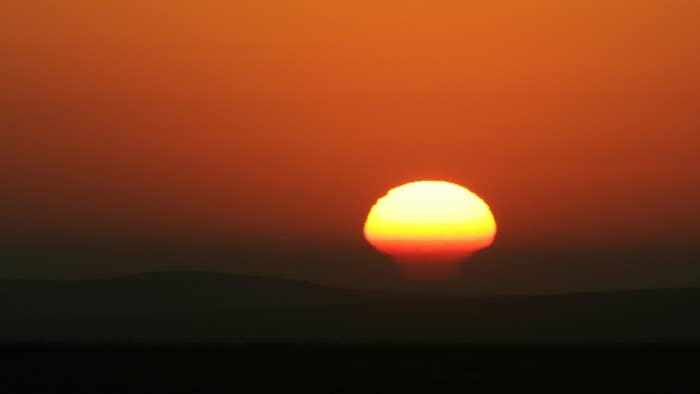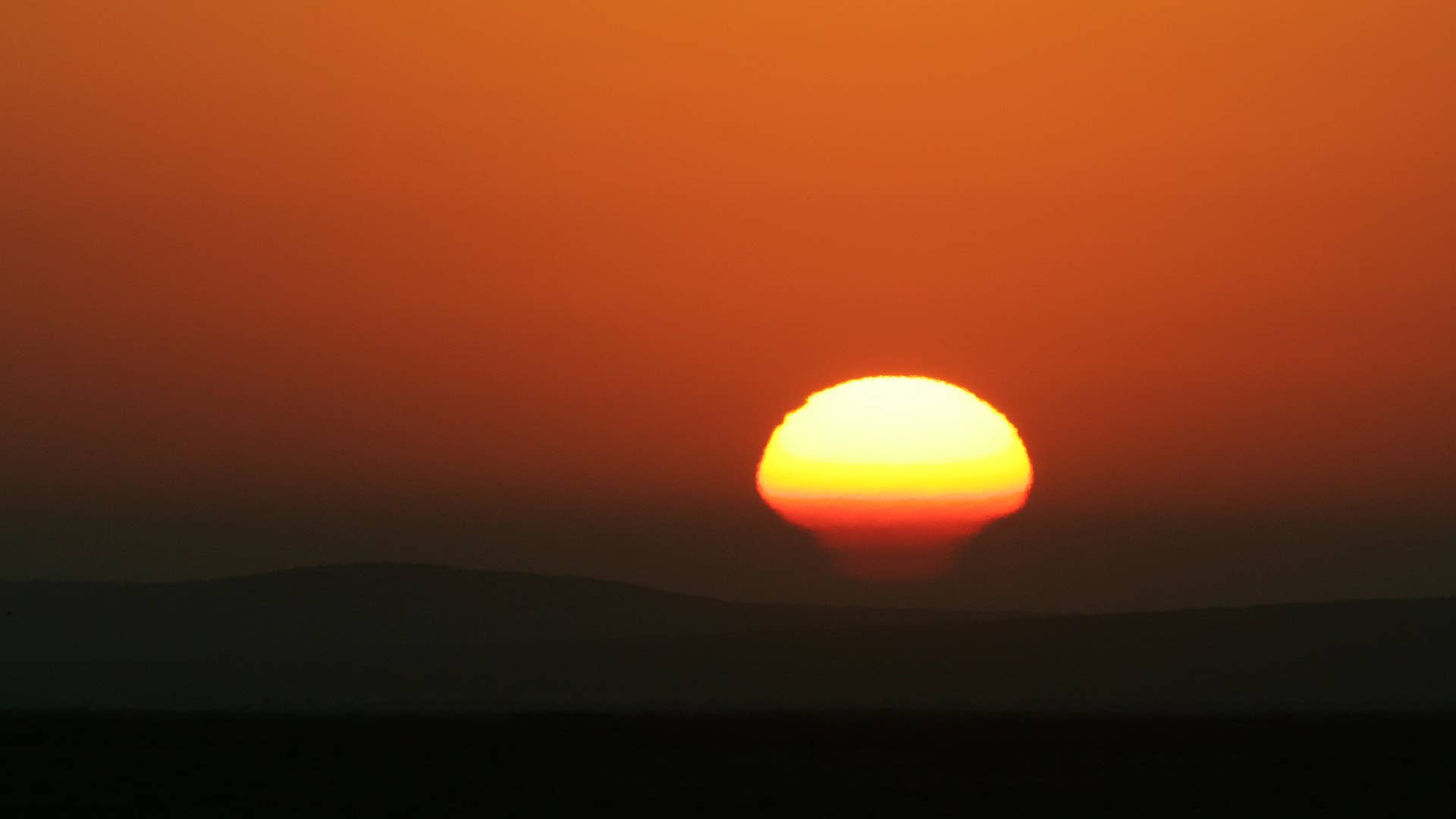
In a year where we've already had a once-in-a-century global pandemic, murder hornets, the release of videos showing an "unidentified aerial phenomena," and the passing of the biggest Sahara dust storm in 50 years, it's evident that if something out of the ordinary were to occur, it would happen in 2020.
So, you shouldn’t be shocked to discover that the National Weather Service Climate Prediction Center forecasts "increased chances" of unusually hot temperatures coming in July to two-thirds of the United States. A heat wave that hasn't been felt since 2011 and 2012.
Todd Crawford, chief meteorologist with IBM's The Weather Company, told The Washington Post that a relatively warm month of June could lead into "unusually hot" temperatures in July in what could amount to "potentially historic heat."
This finding from meteorologists comes after the southwestern United States expected record temps in late April. While temperatures in Las Vegas were predicted to reach the century mark for the first time ever that month, Phoenix was reporting a 106-degree day, which would be hottest weather ever observed in April.
Back in March, the NOAA National Centers for Environmental Information suspected there was a near 75 percent chance that 2020 would be the warmest year ever. The arrival of "potentially historic heat" next month ties in perfectly with that prediction, and also falls right in line with the narrative of how wild 2020 has turned out, as a whole.

